Keep your NSW service fully stocked with 144 condoms every month.
Order NowPlay Safe Pro is here to provide you with tools, training and resources. Designed for professionals who are working with and supporting young people in NSW, Pro helps you start the conversation around safer sex and gives you the answers you need.

A checklist for practice managers, GPs and other staff working in primary health care settings to plan how to improve the youth friendliness of their service.

This factsheet supports youth workers to have the knowledge to support young people around reproductive and sexual health.

The Sexual Health Infolink (SHIL) have collected key guidelines and resources to support gender affirming care of young people.

A guidance document for school leaders on how to enable positive and inclusive sexuality and sexual health education in their school.

A guidance document for school leaders on how to enable positive and inclusive sexuality and sexual health education in their school.

A guidance document for school leaders on how to enable positive and inclusive sexuality and sexual health education in their school.

A guidance document for school leaders on how to enable positive and inclusive sexuality and sexual health education in their school.

A guidance document for school leaders on how to enable positive and inclusive sexuality and sexual health education in their school.

Contact tracing (also known as partner notification) is something you can do to ensure the health of you and your partner(s) after testing positive for asexually transmissible infection (STI).

Different types of sexual activities carry different risks, including sexually transmissible infections (STIs), HIV and unplanned pregnancy (for sex that can result in pregnancy). It's important to provide young people with accurate information to help them make informed decisions. This factsheet gives you all the information you need to educate young people and help them stay safe, no matter what type of sex they’re having.

Different types of sexual activities carry different risks, including sexually transmissible infections (STIs), HIV and unplanned pregnancy (for sex that can result in pregnancy). It's important to provide young people with accurate information to help them make informed decisions. This factsheet gives you all the information you need to educate young people and help them stay safe, no matter what type of sex they’re having.

Learn the most common condom-related myths and how you can counteract them. And remember, how you respond matters just as much as what you say. Keep it simple, factual, and shame-free.
Sex positivity is about creating a safe, supportive space where young people can talk openly about sex, relationships, and health.
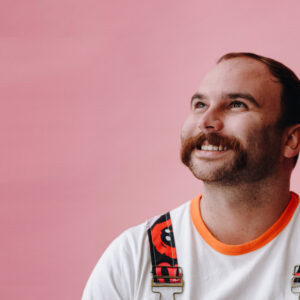
Different types of sexual activities carry different risks, including sexually transmissible infections (STIs), HIV and unplanned pregnancy (for sex that can result in pregnancy). It's important to provide young people with accurate information to help them make informed decisions. This factsheet gives you all the information you need to educate young people and help them stay safe, no matter what type of sex they’re having.

Help young people navigate digital dating safely. This guide covers consent, sexting, privacy risks, dating apps, social media safety, and how to recognise grooming, sextortion, and cyberstalking.

Help the young people you work with access the sexual health services they need, from GPs and sexual health clinics to telehealth and urgent care.

Learn how to support the sexual health of young people in out of home care with trauma informed practices. Create safe, supportive environments to help reduce the risk of re-traumatisation.

Discover how to guide young people through first-time sex conversations with accurate, empathetic advice. Learn about boundaries, consent, contraception, and STI testing in this essential resource for professionals.

Explore how to address HIV misconceptions, reduce stigma, and create welcoming spaces for young people. A vital guide for professionals supporting those living with or at risk of HIV and AIDS.

Research shows that parents want their kids to have healthy relationships. Help parents, guardians and carers to build the confidence needed to talk about relationships, safety and sexual health with their kids.

Learn key messages you can use to answer any questions young people might have about STIs, contraception, consent and healthy relationships.

Sexual health is an essential part of maintaining overall wellbeing for young people. Help break down barriers and support young people to have positive conversations with health professionals.

A guide for professionals on discussing STI risks of oral sex with young people. Learn how to explain safe practices, prevention methods, and the importance of regular STI testing.

Learn to address personal biases and create inclusive environments for discussing sexual health with young people, especially during Pride Month. Discover practical strategies in our detailed article.

As professionals working with young people, you have an opportunity to help them navigate relationship challenges and arm them with the tools to distinguish between healthy and unhealthy behaviours.

Embedding sexual health promotion within your workplace can be done through a few simple strategies. This article tells you how.

Understanding what consent is and being able to help young people set boundaries and navigate conversations around consent with confidence. Here are six strategies to help you guide conversations.
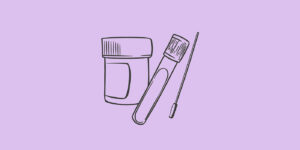
Getting a regular test is an important way that young people can look out for their health. Here’s what you need to know about testing and how to support a young person.
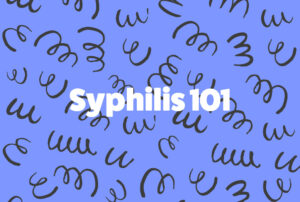
Syphilis is on the rise in NSW. This article provides you with all you need to know about syphilis, including how it is transmitted, any symptoms and where to get tested.
Here are eight strategies to effectively navigate discussions about HIV, dispel myths, reduce stigma, and foster conversations with young people.
If a young person you’re working with has questions about contraception options, preventing pregnancy and safe sex, this article will help guide your discussion.
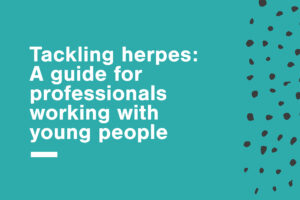
Did you know that herpes affects 1 in 8 Australians? Clinically speaking, it’s an incredibly common and rarely severe skin condition. Yet, there’s often unnecessary shame surrounding it.

A guidance document for schools on working with parents, carers and families about sexuality and sexual health education.
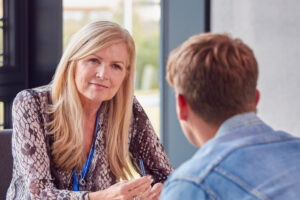
A guidance document for school wellbeing staff on how to support positive sexuality and sexual health education.
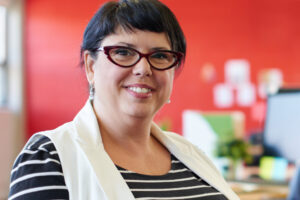
A guidance document for school leaders on how to enable positive and inclusive sexuality and sexual health education in their school.

A range of resources and professional organisations who provide evidence-based information and support on a range of sexuality and sexual health education topics.

A tool to support educators to plan, deliver and evaluate sexuality and sexual health education in NSW schools.
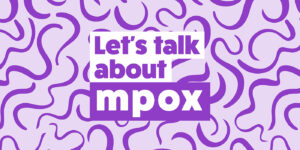
This article tells you everything you need to know about mpox. What is it? Who is at risk? How is it spread? We’ve got the answers.
A range of videos to display on screens within your service to normalise conversation around sexual health.

A guiding tool to assist you in having discussions about sexual health with young people through a trauma informed lens.

This factsheet contains some useful information that can help young people out when going for their first sexual health check.
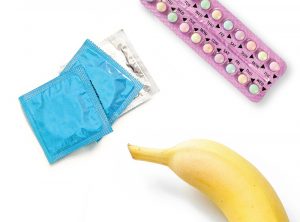
The SHAPE Program not only educates young people but also provides a great opportunity for young people to develop skills. Learn more!

This factsheet supports professionals and carers working with people in out of home care around the topic of sexual health conversations.

People with disability have the right to have sexual relationships, access sexual health services and to make decisions about their body. This factsheet supports you navigate sexual health promotion with young people with disability.

The NSW Health Play Safe website has everything young people need to know about safe sex, condoms, STI testing and treatment.

In NSW, the age of consent for sexual activity is 16 years. This factsheet tells you what you need to know about consent and the law in NSW.

Sexual health promotions often focus on messages for the heterosexual community. This factsheet supports professionals working with LGBTIQA+ young people.

This factsheet support professionals when working with culturally and linguistically diverse young people around the topic of sexual health.

The following factsheet supports professionals to safely work with Aboriginal young people around the topic of sexual health.

Evaluating sexual health programs can test the effectiveness of activities in prompting behaviour change and any increases in knowledge. This evaluation sheet can help you do so.

The resource kit includes a range of activities that use group dynamics to explore the topic of sexual health in a safe and fun way.

Designed to help parents, carers and guardians feel confident about discussing sexual health with their young person.

Youth workers are trusted as a source of information on sexual health by young people. They may want to talk to you about their relationships and sexual concerns. So how do you start the conversation?
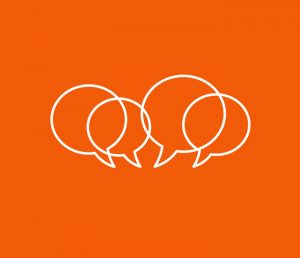
Before speaking with young people about sexual health or sexuality, it is important to be familiar with our own beliefs and values.
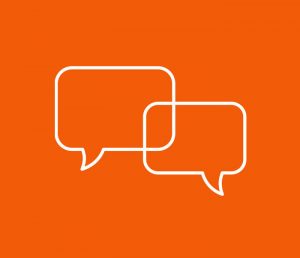
Youth workers do not need to know everything about sexual health to provide effective support to young people. Here's our sexual health key messages.

This guide covers the ins and outs of providing condoms to young people, legal considerations and strategies for implementing condom distribution at your service.

An adaptable policy you can use to ensure all clients have access to the information and support they need to achieve optimal sexual health and wellbeing.

Similar to Scattergories® but with sexual health content, this game is designed to start sexual health conversations in a fun, easy and non-confrontational way.

Designed to teach young people the steps involved in putting on a condom, this game uses flash cards to engage young people around safe sex and condom use.
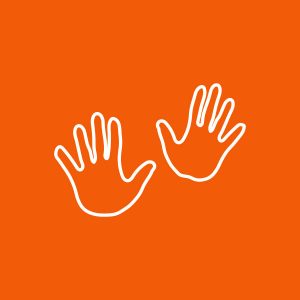
The handshake game aims to demonstrate the asymptomatic nature of most STIs and how they can spread. Participants will learn what safe sex is, common STIs and how to prevent them.
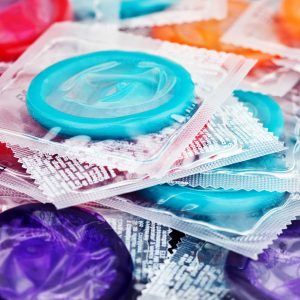
Condom couture is fun game where young people can familiarise themselves with condoms in a safe, creative and educational way by designing unique pieces of art.

A fun activity that involves a demonstration of how to use condoms safely and correctly.
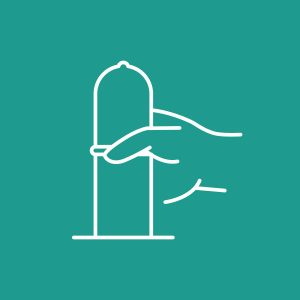
A collation of games and activities that aim to demonstrate the strength and flexibility of condoms to normalise their use and engage young people in conversations about safe sex.

A range of questions designed to be used in tram trivia, game show and homemade board games. These questions will assist young people to learn about sexual health.